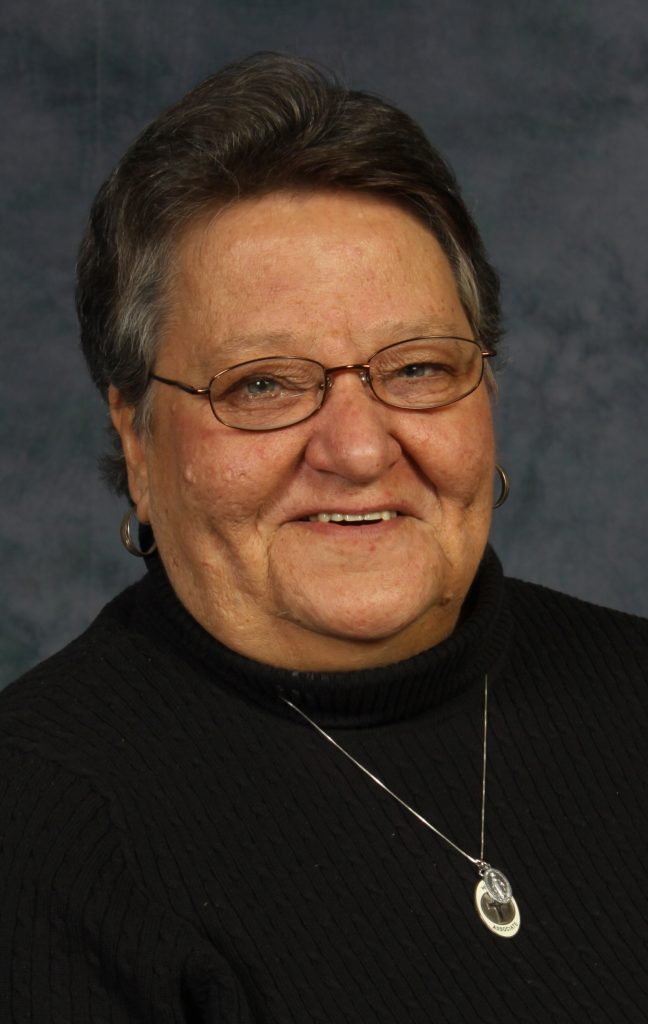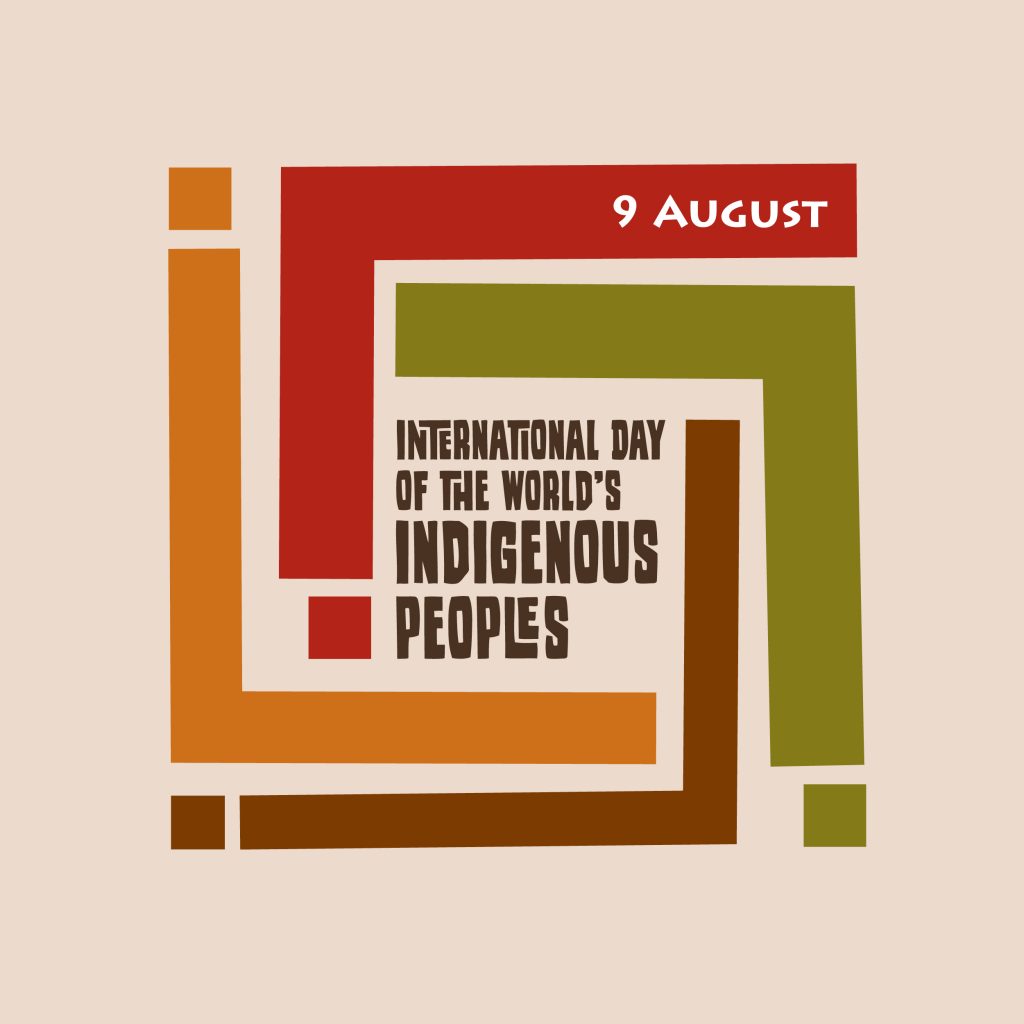“Truly God is the God of All” — Mercy Associate Reflects on Indigenous Roots
share
By Virginia Fifield, Mercy Associate
The United Nations recognizes August 9 as International Day of the World’s Indigenous Peoples. This year is also the 10th anniversary of the United Nations Declaration on the Rights of Indigenous Peoples.
August 9 is a day that has been set aside to honor and recognize Indigenous people. It may be a day like any other to most, but to me, as a member of the Indigenous community, it is a different story.
Most of the lives of Indigenous people are lived in the soul-crushing reality of being an “outsider” on their own ancestral lands. We sat through history lessons that told us that in the grand scheme of things we are the losers. Even though we might be “cradle Catholics,” we never seemed to be able to measure up. But I think the most humiliating thing we had to bear was being handed pence boxes to collect money for all the pagan babies. I know that the times were different, and although we’d like to think things have changed, too often they are still the same. Our children and grandchildren still are fighting the internal battle of who they know they are and what society is telling them they are. Internalized racism has made us constantly question whether we are American enough and whether we are Catholic enough—and if we are, then are we Native enough?
Given this experience, can you imagine what was going through my mind when I was invited to discern for Mercy Association? Because of my life’s experiences I was a little bit more than reluctant. When you get burned enough times you tend to be very wary. But after my initial conversation with two wonderful women of Mercy, Jean Galafaro and Sister Barbara Stinard, I did agree to listen and learn about Catherine McAuley and Mercy Association before I made any decision.
For the first time in my Church experience I found that I was welcomed with not only open hearts but also with open minds. The people in the Circle of Mercy welcomed what was perhaps to them a different way of seeing God. They were more than willing to listen to the Indigenous concept of the Cosmic Creation. They listened to how Indigenous people see their interconnectedness with that creation as a way of living out our divine purpose within God’s plan. They tried to understand how Indigenous people believe in the divine in all people. I find that when people in Mercy have questions, for the most part they are just that—questions, not judgments. I also find that Mercy honors the separateness of Indigenous symbols and traditions that are sacred and does not try to somehow appropriate or misuse them.
When I went to Standing Rock I brought with me the prayers and genuine hopes of Mercy as well as my Native community. When the Sisters of Mercy were represented in the clergy contingency that went to Standing Rock I could stand just a little taller and say with more assurance that truly God is the God of all.
When Mercy began an international reflection process on Laudato Si’, again I was amazed at the whole experience. Pope Francis’ encyclical was heavily influenced by the Indigenous people that he encountered and worked with in South America. He spoke eloquently about all our responsibilities when it comes to caring for our Mother Earth and how we are all cosmically connected to God’s creation. He also spoke about how the death of any culture is a detriment to all people.
Mercy has shown me time and again that there are people who really try to live the words of Paul in Galatians 3: “For in Christ Jesus you are all children of God through faith. … There is neither Jew nor Greek, there is neither slave nor free, there is not male and female; for you are all one in Christ Jesus. And if you belong to Christ then you are Abraham’s offspring and heirs according to promise.” For that I am eternally grateful and proud to be both a traditional Native and a Mercy Associate.

